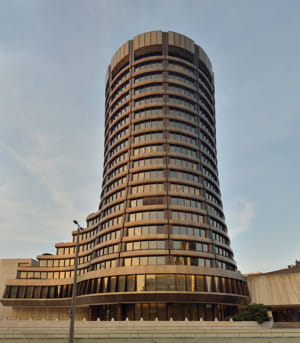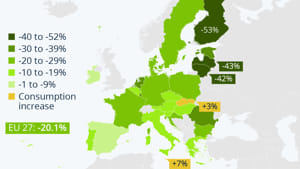Are the BRICS a threat to the U.S.?

The summit of the so-called BRICS (Brazil, Russia, India, China, and South Africa) has closed with an invitation to join the group extended to the Emirates, Egypt, Iran, Saudi Arabia, Argentina, and Ethiopia.
The summit has generated a lot of headlines about the impact of this widespread group of nations, including speculation about the end of the U.S. dollar as a global reserve currency if this group is perceived as a threat to the United States or even the International Monetary Fund.
Several things need to be clarified.
Continue reading Will the BRICS Dethrone the U.S. Dollar?

